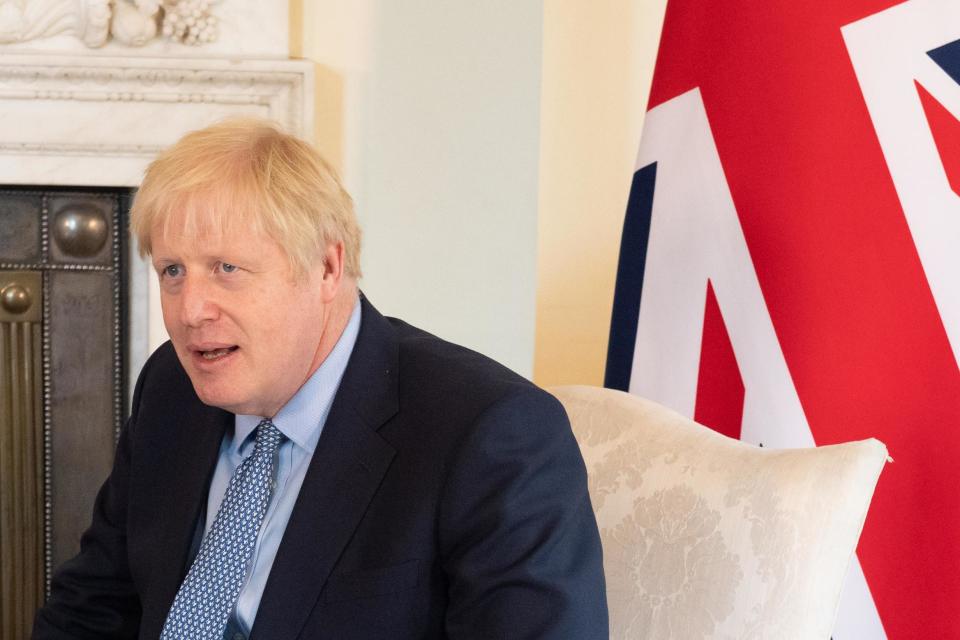Rise in borrowing is latest blow for the Treasury’s coffers and Boris Johnson's spending ambitions

PUBLIC borrowing is now £6 billion ahead of last year, official figures revealed today, putting strain on the heavy spending pledges of new Prime Minister Boris Johnson, right.
The UK’s deficit reached £16 billion in the four months of the financial year so far, against £10 billion 12 months ago. The latest blow for the Treasury’s coffers came in a much smaller £1.3 billion surplus in July, which is typically a strong month for tax receipts.
The figures reflect the reining back of austerity following inflation-busting pay rises for public sector workers like teachers, doctors and prison offers earlier this year. The Office for National Statistics said departmental spending had jumped £1.6 billion compared with July 2018 — including an extra £700 million spent on staff. Overall, central government receipts fell £400 million on last year in July — exacerbated by lower income from the Bank of England’s holdings of UK gilts bought under quantitative easing — while spending jumped £4.1 billion.
The weakening trend comes despite costly commitments from the new PM — including 20,000 new police officers — barely two months before a potential no-deal Brexit piles further pressure on the Treasury.
Capital Economics’ Thomas Pugh said the UK was likely to breach the Office for Budget Responsibility’s £29 billion deficit target for the year, but added: “We doubt this will prevent the Chancellor from loosening fiscal policy in a one-year spending review in September or in an autumn budget, either before or after Brexit. Just how far borrowing rises will depend on whether there is a deal or a no deal, or a delay.”
Reports today suggested new Chancellor Sajid Javid is set to delay his first Budget until 2020 if the Government is forced into a general election by a no-confidence vote next month.

 Yahoo Finance
Yahoo Finance 